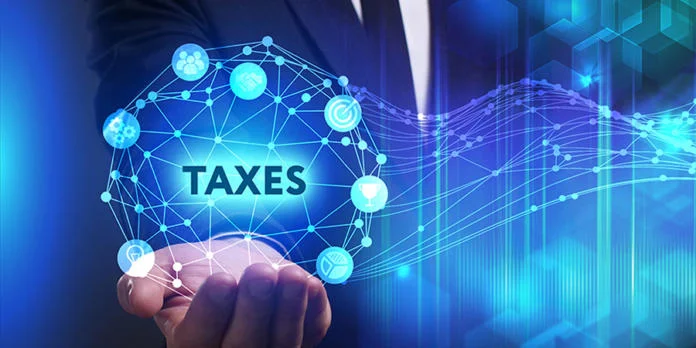The South African Government has indicated that it is considering the introduction of a Digital Services Taxes (DST) on services supplied by non-residents, essentially aimed at the revenues generated by search engines, social media services and online marketplaces from South African users, following the example of many other countries which have recently introduced such taxes (see the Parliamentary Budget Office released a report on the potential introduction of DST on 26 June 2020). However, there are significant obstacles to implement such a tax and the Government should hold off on the introduction pending international consensus and the release of international guidelines by the OECD.
This is the advice of Wally Horak, head of the Cape Town office Tax Practice at leading African law firm, Bowmans. He says that going ahead with the introduction of such a tax may result in conflict with South Africa’s obligations under its double taxation agreements (DTAs).As the home base of most of the multinational technology enterprises being targeted by DST, the USA has indicated it will encourage its residents to oppose the imposition of such taxes in court. On June 2, 2020, the USA Trade Representative announced the launch of investigations into DSTs, which may result in retaliatory policies against countries which imposed DST.
Horak points out that since DST is a direct tax, it falls within the scope of DTAs, which generally prohibit the source jurisdiction to impose tax on a resident of the other contracting state unless that resident carries on business via a permanent establishment in the source state.
‘Several of the countries that had announced the introduction of DST, including France, Brazil, Spain and Italy, have decided to suspend their effective dates, in view of the uncertainty as to whether the tax may be declared invalid by the relevant courts,’ says Horak.
Horak notes that ‘the report released by the Government Budget Office acknowledges the current international efforts, lead by the OECD in conjunction with the G20 nations and several others (the so-called Inclusive Framework, including 137 countries) to design changes to the existing international tax system to allow countries to impose digital taxes, even in the absence of a physical presence in the source country’. ‘However, the view of the Parliamentary Budget Office was that the Inclusive Framework was making relatively slow progress and that, in view of the budgetary constraints following the COVID-19 crisis, a new approach is critical.’
He says indications are that the OECD/Inclusive Framework aims to issue a final report and recommend guidelines for the new approach in October 2020. ‘Therefore, it is advisable for the Government to await this international action to ensure the cooperation of other states, notably the USA.’
A more immediate avenue to collect more revenue from companies providing digital services would be to increase the scope of VAT imposed on such supplies to South African customers.















